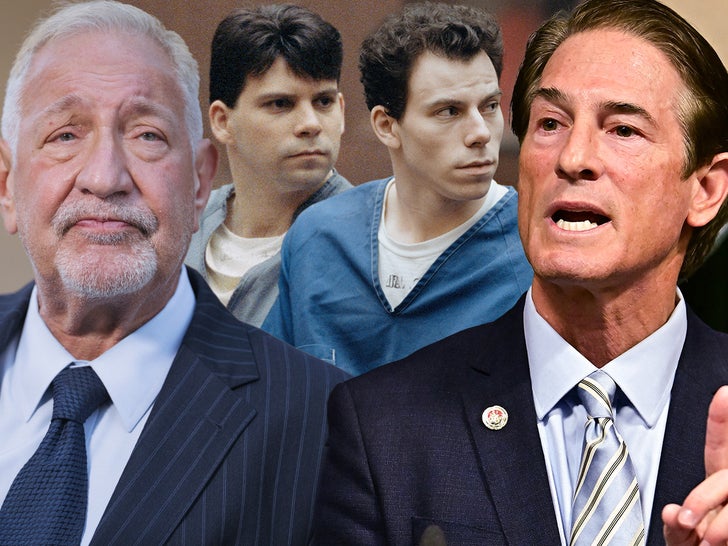Claudia Barretto's wedding to Basti Lorenzo marked an important chapter in her life, celebrated with a simple yet elegant ceremony shared among close family and friends. However, the joy of the occasion was dampened by public remarks from her father, Dennis Padilla, who voiced his hurt over feeling excluded. He expressed disappointment that he was treated more like a guest than an integral part of the celebration, stating he had no formal role in the wedding proceedings.
Reactions to Dennis’s sentiments were mixed—some empathized with his perspective as a father wanting to play a more meaningful part in his daughter’s big day, while others felt his public airing of the issue was poorly timed and inappropriate. A guest present at the wedding disputed Dennis’s account, saying he was treated with kindness and even included in family photos. The situation sheds light on the fragile dynamics of family relationships, especially under public scrutiny.

In the end, despite the controversy, the spotlight remains on Claudia and Basti as they begin their life together as a married couple. The situation between Dennis Padilla and Claudia Barretto’s wedding highlights how broken marriages can deeply affect children, even into adulthood. For one, children of broken marriages often bear emotional burdens that aren’t immediately visible to others.
Growing up with separated parents can lead to feelings of guilt, confusion, and emotional conflict. In Claudia Barretto's case, her wedding—ideally a day of unity and joy—was marred by public tension between her and her father, Dennis Padilla. This situation sheds light on the emotional tightrope that children like Claudia walk, where honoring one parent might unintentionally hurt the other.
The unspoken pressure to keep peace or avoid drama can cause internal stress, leaving children torn between their love for both parents and their need to protect their emotional well-being. Moreover, life milestones have a way of magnifying unresolved issues within families. These moments, while celebratory, can also trigger memories or emotions tied to past conflicts.
Dennis Padilla's reaction to feeling left out of his daughter's wedding reflects how emotional wounds from past marital conflicts don’t just disappear—they often resurface when families are expected to come together. Claudia’s wedding became more than just a ceremony; it became a platform where lingering hurt and misunderstanding played out publicly. Instead of being able to embrace her new journey with her husband fully, Claudia was forced to navigate the pain that should have been dealt with long ago.
Finally, a recurring challenge in broken families is the erosion of communication. Years of minimal contact, unspoken grievances, or unresolved misunderstandings can lead to very different perceptions of the same event. Dennis believed he was excluded, while others claimed he was treated fairly, suggesting a deep disconnect in how each side views their relationship.
In high-profile families like the Barretto-Padilla clan, these private issues are further complicated by public scrutiny. The pressure of the public eye can intensify already fragile relationships, forcing children like Claudia to manage not just familial tension but also the expectations and judgments of an audience that knows only part of the story. This situation underscores the lasting impact unresolved issues between parents can have on their children, who often carry the emotional weight well into adulthood.
Healing and reconciliation allow families to move forward with greater understanding, preventing past wounds from overshadowing future milestones. More importantly, when parents work through their differences, it creates a healthier emotional environment for their children to grow, build relationships, and celebrate life events without lingering pain or divided loyalties..
















